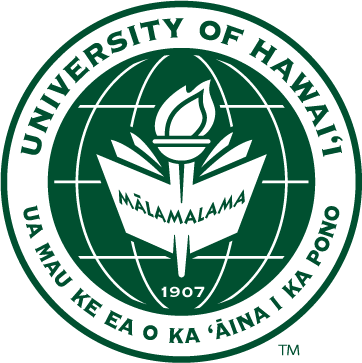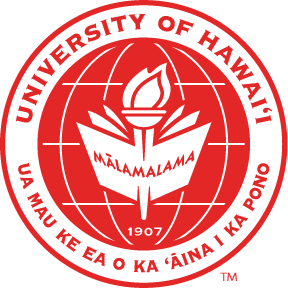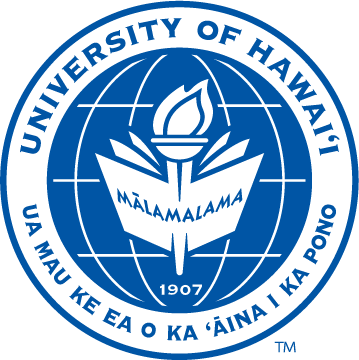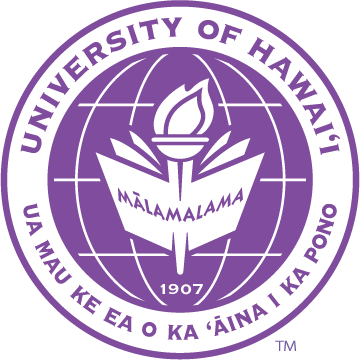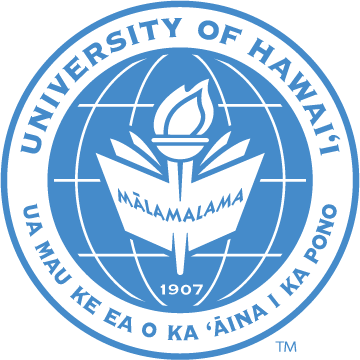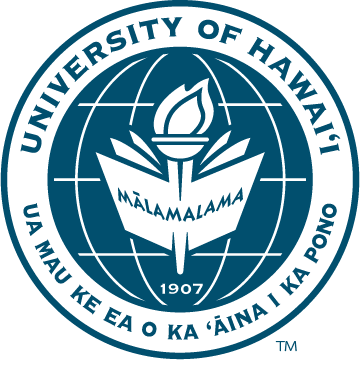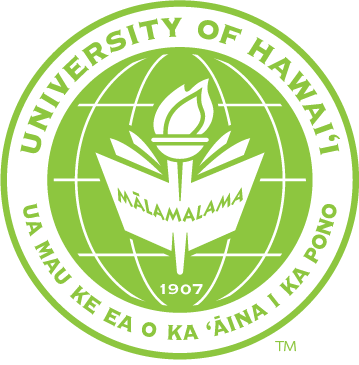University of Hawaiʻi at Mānoa
The College of Tropical Agriculture and Human Resilience (CTAHR) at the University of Hawai’i at Mānoa offers hands-on experiences and internships, cutting-edge laboratory equipment and research facilities, a wide array of majors, with outstanding faculty and students, preparation for professional schools including pharmacy, veterinary, and medical, or graduate studies, and generous scholarships each year to help students and their families. We are home to 5 departments and 9 undergraduate majors, many of which are dedicated to agriculture, natural resources, and the environment. We have also hosted the Grow With Us mentorship program, a college and workforce preparatory mentorship program that strives to produce lifelong learners who hold value for the sciences. CTAHR provides access to internship and professional opportunities for our students and alumni as well.
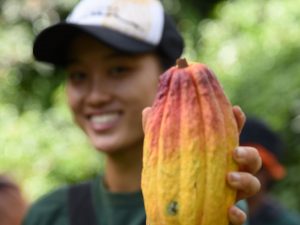
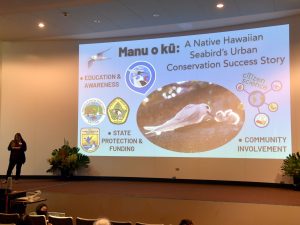
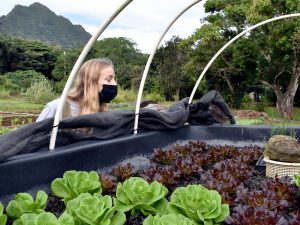
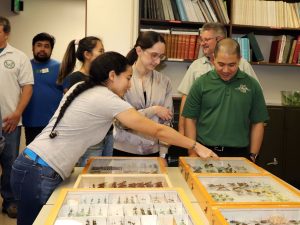

For more information
University of Hawaiʻi at Mānoa
GENE-ius Day Program
Chrislyn DeMattos
Academic Support Specialist
3190 Maile Way, St. John 117
Honolulu, HI 96822
Email: cdematto@hawaii.edu
Phone: (808) 956-2160
Principal Investigator
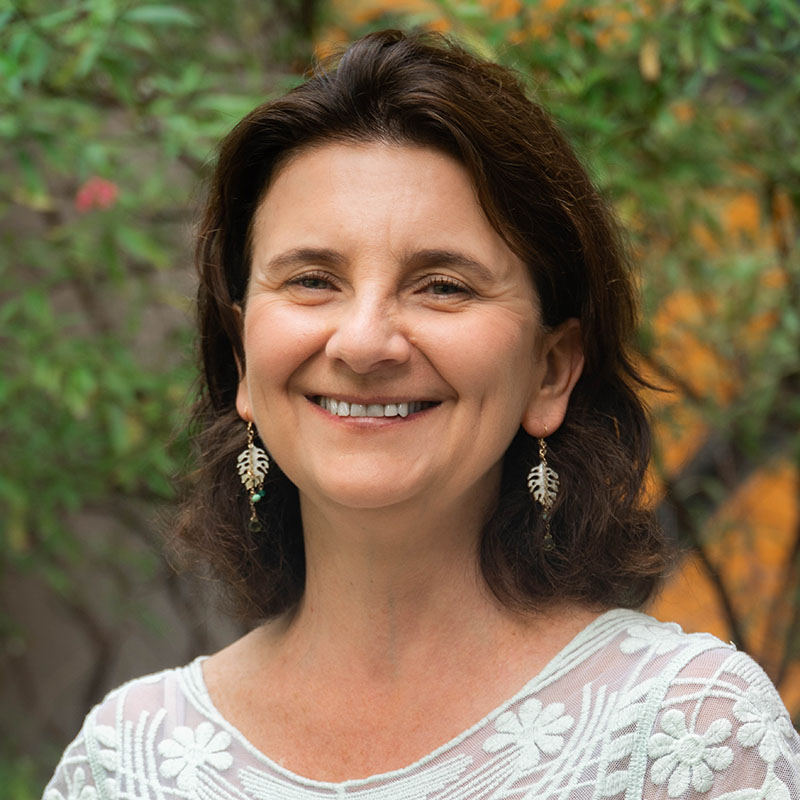
Dr. Ania Wieczorek
Professor/Extension Specialist, Gene-ius Day Program Director, Department of Tropical Plant and Soil Sciences
Dr. Ania Wieczorek a professor in the TPSS department at UH Mānoa and serves as an Extension Specialist and Director of the Gene-ius Day Program. She has worked within CTAHR since 2005. In addition, Professor Wieczorek’s research interests are broad and include addressing agricultural problems, environmental conservation, population genetics, and evolutionary biology. She addresses issues in these areas by molecular biology technology. She also has a strong interest in using molecular techniques to address basic and applied ecological problems. Dr. Wieczorek’s primary outreach focus is directing the GENE-ius Day Program at the University of Hawaiʻi at Mānoa, which provides K-12 STEM education to a vast number of children in the community. Working with both adults and children in Hawaiʻi, she recognized that there is a need for increased knowledge and awareness regarding science, especially genetics. It is important to her that individuals are equipped with this knowledge so that they can better understand and make decisions about science-related issues.
